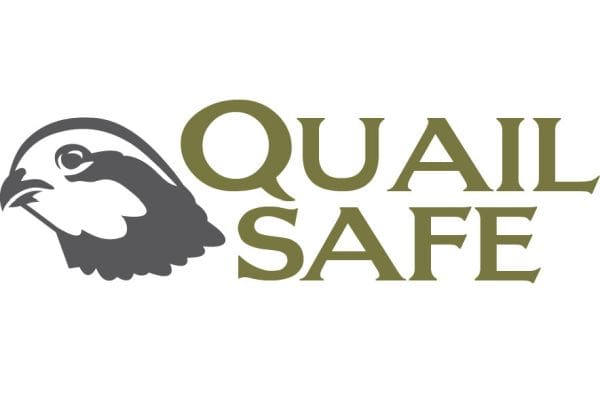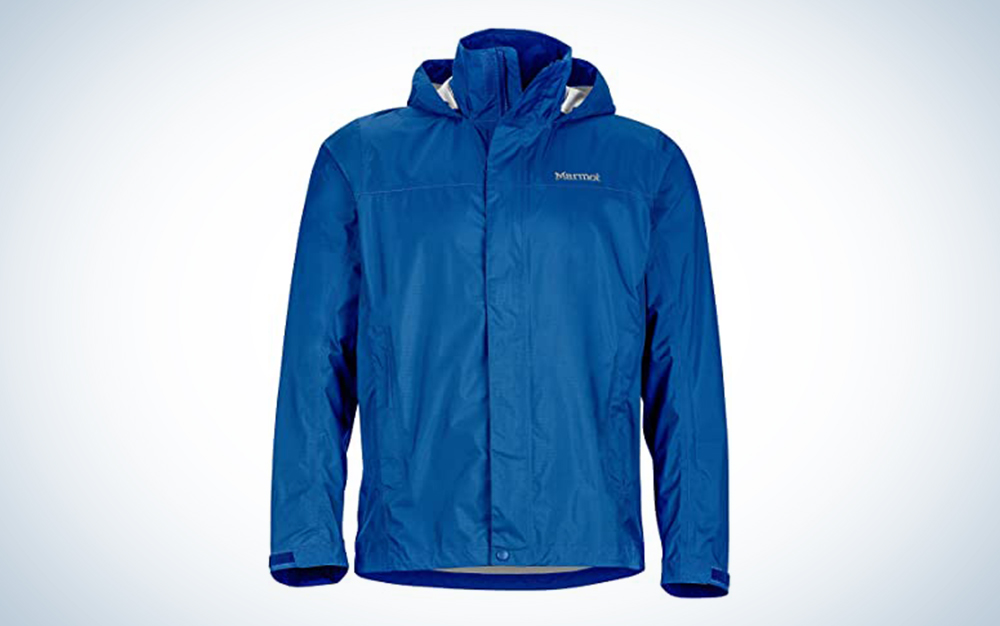(Dallas, Texas) – The FDA has approved the use of an anthelmintic drug for parasite control in wild quail populations. The FDA concluded that the drug integrated into a medicated feed is both safe and effective in controlling parasites in wild quail in their natural habitat. For instance, eyeworm parasite infection levels in the Rolling Plains region of West Texas have been documented at over 60% and cecal worms have been documented at up to 90% levels throughout Texas.
The medicated feed crumble integrating the anthelmintic drug will be known as the new retail product “QuailGuard®”. In labeling instructions, the FDA recommends that the medicated feed be in the form of a crumble and not generally broadcast but offered through strategic feeding stations and/or appropriate feeders.
QuailGuard® is a field-tested medicated feed crumble made from a proprietary blend of grains, minerals, vitamins, and amino acids combined with the active drug ingredient, Fenbendazole. QuailGuard® has been proven to be both palatable and effective throughout the FDA registration process. In addition to parasite control, the formulation has multiple health benefits to quail.
The approval follows nine years of research and application in coordination with the FDA by Dr. Ron Kendall, Ph.D., Professor of Environmental Toxicology, Wildlife Toxicology Laboratory at Texas Tech University. Funding for the research was primarily provided by Park Cities Quail Coalition (PCQC) and the Rolling Plains Quail Research Foundation (RPQRF). The funds were raised by sportsmen who are concerned about the declining huntable populations of wild quail in Texas and beyond.
QuailGuard, LLC is a joint venture between Park Cities Quail Coalition and Dr. Ron Kendall. The majority of royalties from the sale of QuailGuard® will go to PCQC and be spent on quail research and education in Texas. QuailGuard, LLC has no paid employees. Joe Crafton volunteers as president.
Based on field research, the recommended application is for QuailGuard® to be distributed with strategic feeders for a 21-day period in the Spring and a 21-day period in the Fall. It is not recommended by FDA for broadcast feeding. Using a 50 lb. bag per application and one feeder per 200 acres, QuailGuard® will cost approximately 50 cents per acre for treatment once a feeding strategy has been set up. An example of strategic feeding stations employing QuailSafe® technology has proven to be effective in treating wild quail for parasites in multiple FDA-approved demonstration sites. In addition, more information on QuailSafe® can be found at www.quailsafe.com.
More information is available about QuailGuard® at www.quailguard.com. Information on the supporting research can be found at the Texas Tech Wildlife Toxicology Laboratory website www.wildlifetoxicologylab.org.
QuailGuard® will be manufactured in 50 lb. bags by Bryant Grain Company, Aledo, TX and available in feed stores supplied by Bryant Grain late this Summer. A list of retailers will be available on the quailguard.com website as they become available.
“This was a momentous project involving over a decade of research and ultimately involving dozens of highly credentialed professionals and has resulted in the publication of 44 scientific research papers so far. I am a quail hunter myself and feel passionately that QuailGuard® will contribute to quail conservation and sustainability efforts. I would like to thank my colleagues, my contacts at FDA, the volunteers at PCQC, and RPQRF for their financial support as well as other contributors to our effort, and would like to recognize former RPQRF chairman Rick Snipes, who provided leadership for this effort.”, said Dr. Ron Kendall, Ph.D., Professor of Environmental Toxicology, Wildlife Toxicology Laboratory at Texas Tech University
“We are proud to have funded this research with money raised by hunters. Wild Quail naturally have a high mortality rate. It makes sense that high levels of parasites in their eyes and gut contribute to quail mortality. We hope all grassland birds in this region will benefit from this advancement.“ Raymond Morrow, President, Park Cities Quail Coalition.
“Of course, habitat and weather are the most important factors. However, eyeworms and cecal worms on quail have reached pandemic levels in parts of Texas and this is the first solution to this significant factor in quail decline. This is another sportsman-led conservation success story and only the second wild animal ever approved by the FDA to be treated in their natural habitat with a medicated feed product.” -Joe Crafton, President QuailGuard, LLC
“After years of investigating disease and other non-climate related factors, parasite infestation became the leading suspect. We are excited to have another research tool available to us.” Ryan O’Shaughnessy, Executive Director, Rolling Plains Quail Research Foundation.
For more information contact:
Read the full article here




